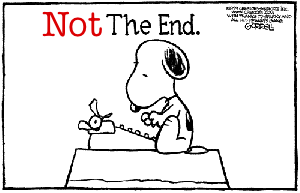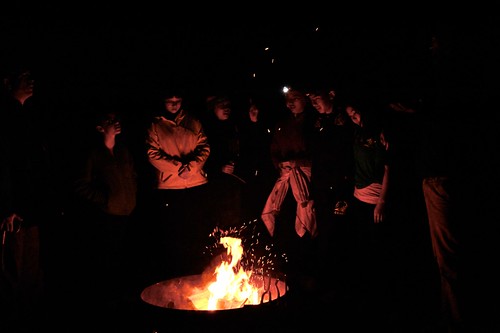On Monday I’ll be giving a brief talk to the Langley cohort of Simon Fraser University’s Learning & Teaching with Technology Field Program about Personal Narratives as a framework for learning. Not particularly adept at the nomenclature surrounding and separating ‘frameworks,’ lenses, methods, and mostly considering myself self-taught when it comes to this stuff, I have long-found stories to be a vital part of my teaching bag-of-tricks, and will be sharing some of what I’ve found along the way with the group. As an introduction, I’ve shared the following post on the class’ Posterous account, but it’s private; so I’ve shared it here in the hope that those of you out there – who have really done all the teaching in this supposed ‘self-teaching’ I’ve been doing – might leave us a comment, a story, a link to some reading, or pass this post along to someone who might.
Why Sharing Our Stories Matters: Story by Bryan Jackson from unplugd on Vimeo.
As a means of collecting some of the supplemental material I would attach to a discussion of Personal Narratives and Storytelling in the classroom, I thought I would put together a post here that you may find useful in extending the conversation post-”Institute.”
As a general introduction, the above video is a story I told in a canoe in Algonquin Park last summer at the Unplug’d Education Summit. The purpose of the “un-conference” was to bring together educational stake-holders to synthesize our individual essays (each filling the blank in the title, Why _________ Matters) into a book organized by thematically grouped chapters. You can download the e-book here, and learn more about this year’s event at Unplugd.ca.
While the whole process revolved around a socially constructive framework, my essay centered around the idea that “Sharing our Stories” matters: that each of our individual truths construct a shared “truth” or objectivity; and that if we follow this through to its logical conclusion, the skills required to realize, share and synthesize our stories become essentials in creating a healthy culture (democratic, social, educational or otherwise).
From both a personal and pedagogical perspective, this aspect of joining the personal and the collective through stories holds great interest for me, especially as we consider that our digital tools provide ever-more opprortunities to share unique pieces from our individual corners of the world with tribes and swarms and communities beyond our own local geography. Indeed:
…our understanding of authorship is, at the present time, caught between two regimes: one a system of knowledge production informed by Enlightenment-era notions of the self, the other is a world of “technologies that lend themselves to the distributed, the collective, the process-oriented, the anonymous, the remix.” As we step into the future increasingly governed by the latter, we move, in some ways, back to an earlier era: a move away from a culture of isolated reading — the individual reader, alone with a book or a screen — towards a more communal engagement, the coffee-house or fireside model of public reading and debate in which literary culture historically originated. Long before print culture, storytelling was not a solitary experience but a group event.
In its more classical sense, education concerned itself almost exclusively with Aesthetics, or the “broader sense” that Wikipedia describes as “critical reflection on art, culture and nature. Educators today would do well to be aware of an emerging New Aesthetic (which is described here in a specific fashion that need not be completely digested or accepted to be relevent to our discussion).
Simply put, the New Aesthetic concerns itself with how the digital world and the real world are starting to overlap and intermingle in interesting, routine and unexpected ways. As search engines, online ‘bots’, spam generation engines, online mapping tools, google street view, machine vision and sensing technologies proliferate, our everyday life in the western technologically advanced world is starting to bristle with new types of augmentation and hybridity.
As we move into next week, I hope we can play around with some of these emerging tools to begin to tell our own stories and begin to create possibilities for storytelling (digital or otherwise) as a means of individual and collective learning in your classrooms.
The main point I like to stress in talking about storytelling in our emerging media/digital landscape is that despite our new modes of communication, the act of telling our individual and communal stories is fundamental to the creation and maintenance of our culture and in this way is at the center of what education strives to achieve.
As one of my teaching idols told me on the day he retired, “Any class you teach is just another opportunity for kids to practice forming communities,” a sentiment I find myself agreeing with more the longer I teach, and a process in which I find stories increasingly fundamental.







